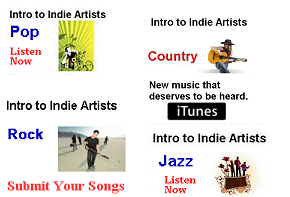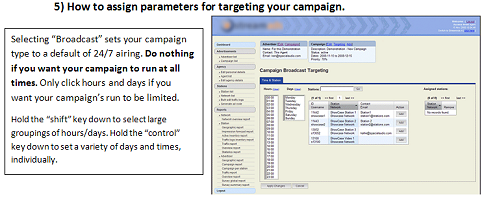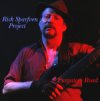![]()
Podcasting - Radio's New HD
Two items you cannot avoid when reading the radio trades today are 1) podcasting is radio's new entry to digital; 2) the podcast program name "Serial."
The former is being used out-of-context with how the digital world uses "podcasting." The latter is one of only a handful of successful podcasts, yet it is being hailed as something any station can replicate.
For radio, a podcast is NOT putting a program - or a morning show bit - on your web site and having people come there to download it. As described by Wikipedia: "A podcast is a form of digital media that consists of an episodic series of audio, video, digital radio, PDF, or ePub files subscribed to and downloaded through web syndication or streamed online to a computer or mobile device."
"Serial" is like iPod. There's only one of them. To use its name in any article explaining how a podcast can be done is an act of exaggeration.
Oh so suddenly we are reading and hearing at conventions how a radio station's next big chance at latching on to a digital entity is by creating a podcast. Nearly every time the concept is attached to a caveat of measuring a podcast audience - or its ad's effectiveness. To understand how big a problem this is, let's simplify the answer: You can't measure any podcast effectively when selling advertising within it by CPM.
|
The mention of CPM is extremely important because it's going to be what turns podcasting, for radio, into a failure as big as HD Radio. The only method for selling ads effectively in a podcast is if the ad is attached to some form of responsive payment, better knows as cost-per-action ad pricing. I've been around since podcasts were introduced by Dave Winer and Adam Curry. As is typical, to understand the concept better, I created a series of podcasts called "Intro to Indie Artists" back then. It's in going through the mechanics of posting on various platforms - like iTunes - and watching "how" podcasting works that I understand what doesn't work. Note: Just doing the posting of a podcast requires in-depth knowledge of coding and platforms. | |||

Fans, receive free - RSS:
|
|||

|
In the early days of analytics (around 2002) we'd gather large data sets and turn them into actionable graphics. Today this is called "Big Data." To me it's still using analytics effectively.
We also, in 2005, worked on a "locker" system, where files and program operating systems were stored on off-site servers. Today you call it "the cloud."
In 2008 I wrote a booklet explaining the operation of one company's audio ad insertion software. Shortly after that I worked with the Google team to develop its audio ad insertion for internet radio; so I'm not a Johnny-come-lately proclaiming I have the answers.

I am proclaiming that what I hear as answers for podcasting from the Johnny-come-latelys" today is wrong.
We watched as podcasting started gathering steam around 2005, sputtered, and now it's being hailed as the second coming of audio online. It is not. Podcasting is still used by a very low percentage of people, and it's traction is more rhetorically reported than factually based. It's a wish in the minds of many people who gave up on HD Radio being their savior.
Podcasting is not easy. Gathering an audience for your podcast is more difficult than I ever read about in industry trades. Buying ads within a podcast is an impractical experience for media buyers, due to them still not being able to wrap their arms around what the audience is receiving.
Placing a value on a podcast is like evaluating fool's gold when you have no means of identifying that the gold is not real.
Selling podcasts by CPM fails for all but the top 0.10% (and, of course that's an arbitrary number because there is nothing out there which tracks all of the audiences for podcasts). For most, if you are looking for revenue from a podcast it's going to come from cost-per-action (CPA) pricing or not at all.
What is safe to say is that working with podcasting is akin to getting results through social media. It's very easy to talk about, but finding more than one or two examples of when it works well is impossible - except to those people who write about how much of an expert they are in the field of podcasts. That's when truth seems to get in the way of a good story.
Friday, December 4, 2015

Today's artist introduction is to Jazz from Rick Sparfven Project.

Give "Shadow" a listen.
Stations: Add it to your playlist, free.






